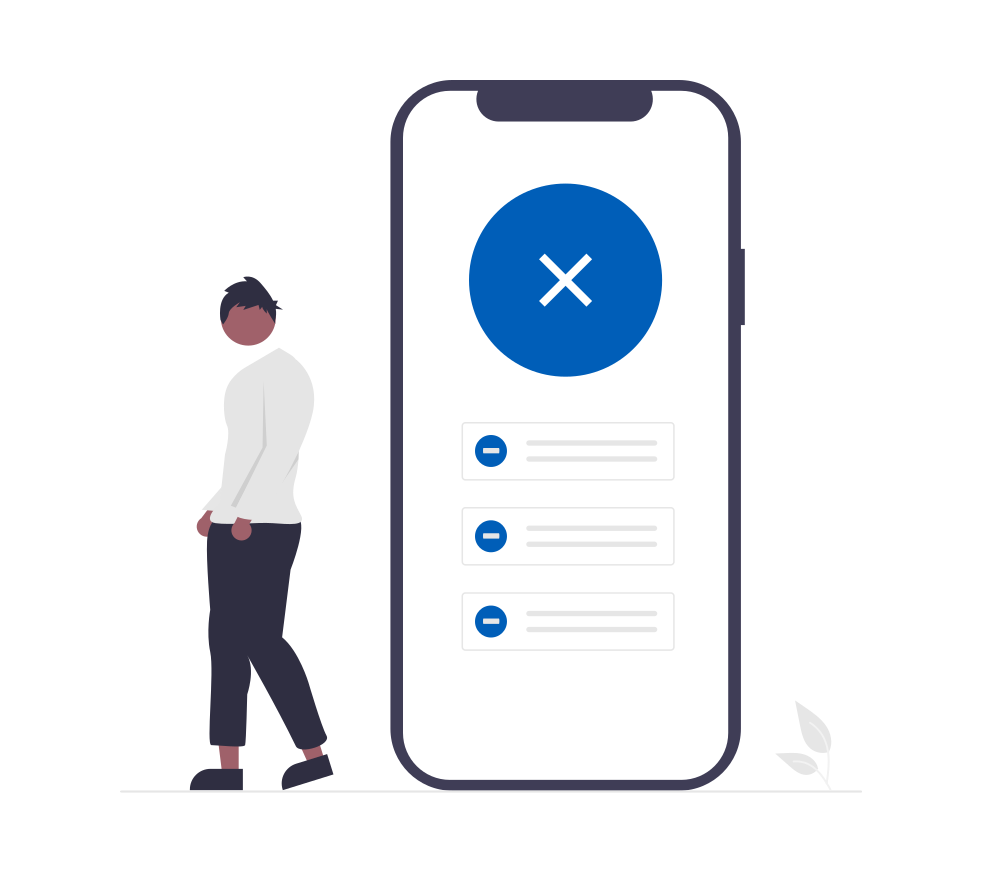The global Covid-19 pandemic, starting in early 2020, has posed unprecedented challenges to health and social care systems in the UK. The government’s response to this crisis, some of which is outlined in the Coronavirus Act 2020 – has created significant changes to the way of life for the population as a whole. It has also revealed a lack of attention to the particular support needs of people with learning disabilities who may have difficulties understanding public health Covid measures, such as the need for handwashing, face-mask wearing, social distancing and self-isolation. In this situation, people with learning disabilities are more reliant on family, friends and carers as well as easy-to-understand guidance and advice about Covid-19 from sources that they know and trust.
With limitations on socialising and visiting, people with learning disabilities have become more isolated and while information, support and news has moved ever more online, the well documented digital divide has become more stark than ever. Everything from ordering food and drinks to GP appointments as well as social events have ‘gone digital’ over a twelve month period, and while there are obvious benefits to that, people with learning disabilities, who have formed part of the 10% of the UK adult population who are “internet non-users” (see ONS, 2019) are at risk of technological exclusion during Covid, and being left behind post-pandemic.
Health and social care providers including those from the private, NGO and public sector have an obligation under the 2010 Equality Act to provide accessible information about their services under the principles of inclusive communication. The Equality Act 2010 (and the United Nations Convention on the Rights of Disabled People) promotes reasonable adjustments for disabled people to avoid disadvantage and is clear that reasonable adjustment includes provision of information in an accessible format. Providing information in an accessible format that is proportionate to the needs of those for whom it is being provided (Care Act 2014 s4.4) and supporting people to communicate in a way that suits the person will also help a public authority to meet its reasonable adjustment duties, ensure that disabled people are not disadvantaged and promote equality and wellbeing.
Whilst work has been done to improve accessibility, including government guidance for public sector websites and mobile applications there is much more that can be done to put the guidance into practice, including accessible and appropriate online and offline material by councils, government departments and health and social care providers.
A recent survey by the Challenging Behaviour Foundation (CBF) of family carers highlighted the technological and digital barriers for people with learning disabilities (The Challenging Behaviour Foundation, CBF, UK) The CBF stated:
We are increasingly frustrated by the assumption that everyone has unlimited and easy online access and is regularly trawling the internet to locate new information and resources (and can download it and/ or print it). We know that there are issues in accessing internet resources for some people with learning disabilities and their families and the CBF continue to raise this with key stakeholders including National Health Service England.
Support is required for family carers, helping them to interpret and use information that may not be presented in an accessible way on websites. This includes information on accessing assessments, practical support and government guidance about the pandemic.
The principle to effective communication with hard to reach and seldom heard groups, which in addition to people with learning and physical disabilities includes those of different languages, cultures, and religions, is to meet them where they are, hear from them how they access and understand information, and tailoring online and offline information accordingly. Organisations that represent these groups, including the Challenging Behaviour Foundation must continue to be consulted and engaged by central and local government and by health and social care organisations. A lack of clear information can sometimes become a breeding ground for mis-information, and at times, conspiracy theories. In such critical moments for public health and wellbeing, we must work together to ensure that accurate information reaches all parts of our communities. The implementation of the NHS Long Term Plan and the creation of Integrated Care Systems (ICS), by April 2021, could be an ideal opportunity for reviewing the ways in which people with learning disabilities receive information and are better supported.
Health and Social care practice recommendations:
- Ever closer working across ICS areas and partners, as well as meaningful engagement with voluntary and community organisations, and providers of services to those with learning disabilities, to minimise the digital divide and support the provision of information and engagement with people with learning disabilities, their families and carers.
- Accessibility to national and local online resources should become more uniform, in line with the guidance, across the country, by all providers of health and social care.
- Easy read information must mean that, not a simplified version of text alone. There are good examples of easy read health information including Widget Health and Talking Mats.
Those with responsibility for engaging with all parts of our communities should be resourced and supported to do that work, building and maintaining links with community and faith groups and voluntary service organisations, working with and representing those who are often not heard or seen.
1 Courtenay, K., & Perera, B. (2020). COVID-19 and people with intellectual disability: Impacts of a pandemic. Irish Journal of Psychological Medicine, 37(3), 231-236. doi:10.1017/ipm.2020.45
Authors:
- Simeón Scott Baker MCIPR, Director, HealthWeb Solutions
- Prof. Dr. Rachel Forrester-Jones, Director, Centre for the Analysis of Social Policy (CASP), University of Bath

